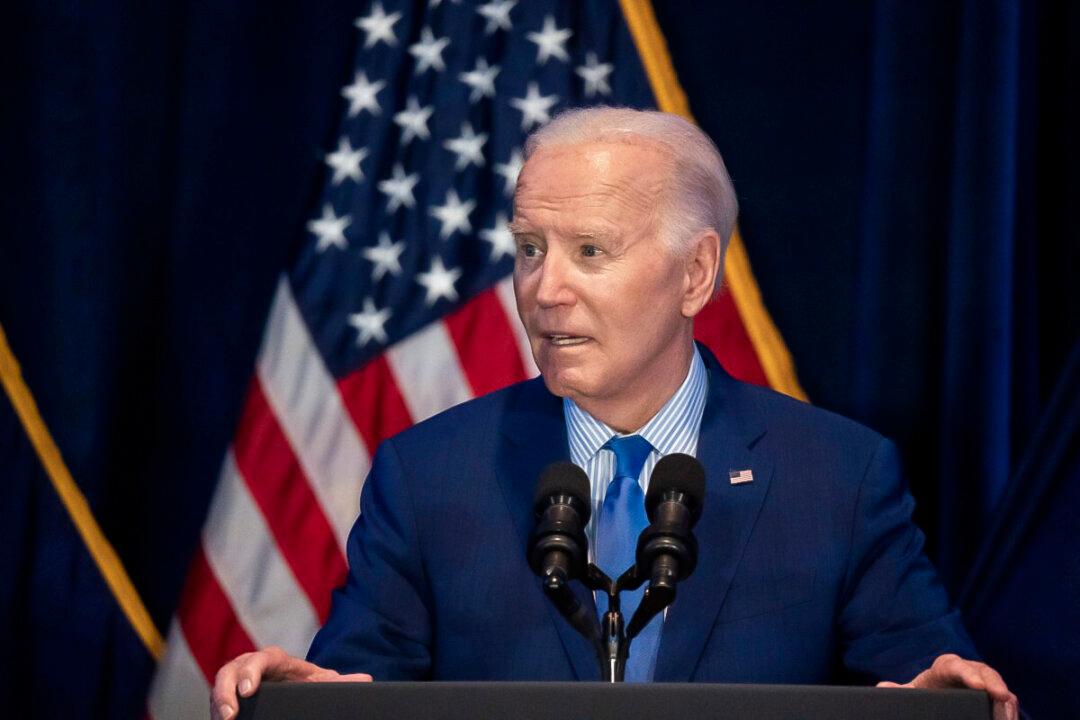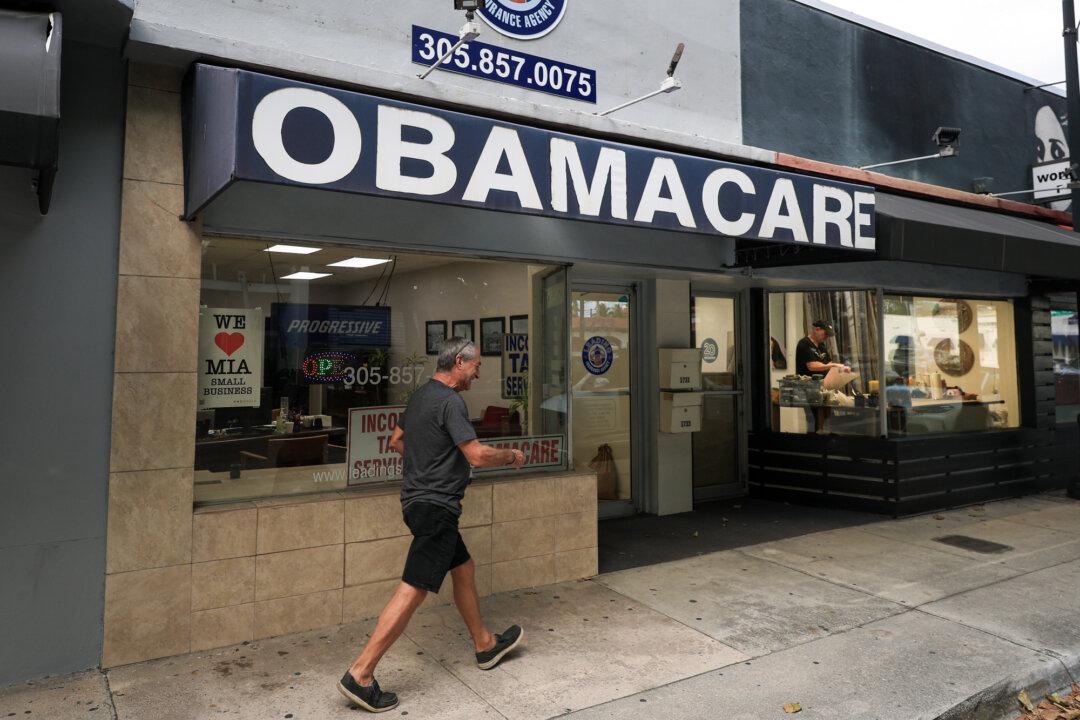The South Carolina Democratic primary is the first-in-the-nation contest for Democrats, but it has drawn little attention, having been overshadowed by the unofficial result of the New Hampshire primary.
President Joe Biden holds a commanding lead in the one pre-primary poll released so far and has largely ignored Democratic challengers and campaigned chiefly against likely Republican rival former President Donald Trump.





